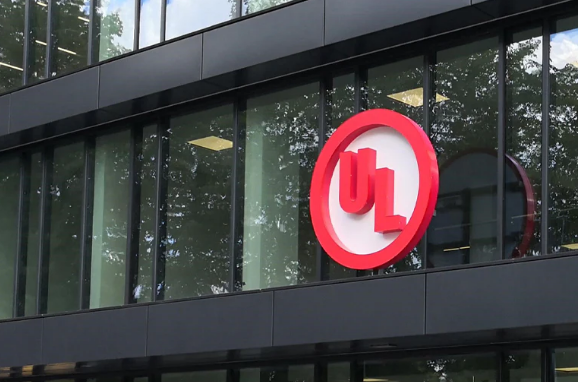Tanzania’s Pre-Shipment Verification of Conformity (PVOC) program is a crucial component of the country’s commitment to quality assurance in international trade. PVOC serves as a gatekeeper, ensuring that imported goods meet the specified standards and regulations. In this article, we’ll explore the facets of Tanzania PVOC, its benefits, challenges, and real-world case studies.
Benefits of Tanzania PVOC:
Quality Assurance:
PVOC acts as a robust quality control measure, ensuring that imported goods meet Tanzanian standards. This contributes to the overall safety and satisfaction of consumers.
Consumer Protection:
By verifying the conformity of imported products, PVOC protects Tanzanian consumers from substandard or unsafe goods. This enhances consumer confidence in the market.
National Security:
PVOC plays a role in safeguarding national security by preventing the influx of counterfeit or hazardous goods that could pose risks to the public or the environment.
Facilitating Trade:
Through the assurance of quality, PVOC facilitates smoother trade relationships between Tanzania and its international partners. Reliable and compliant imports foster trust in the global market.
Challenges of Tanzania PVOC:
Implementation Challenges:
The effective implementation of PVOC requires coordination between various stakeholders, including government agencies, importers, and inspection bodies. Delays or inefficiencies in this coordination can pose challenges.
Cost Implications:
While PVOC is beneficial for ensuring quality, the associated costs, including inspection fees, can impact the overall cost of imported goods. Balancing the need for quality assurance with cost considerations is a challenge for businesses.
Case Studies:
Electronics Compliance:
In a notable case, PVOC identified non-compliance in a shipment of electronics. The rigorous inspection revealed deviations from safety standards, preventing potentially hazardous products from entering the market.
Textile Standards Enforcement:
PVOC played a pivotal role in enforcing textile standards in a case where non-compliant fabrics were detected. This ensured that only textiles meeting quality benchmarks were available to consumers.
Conclusion:
Tanzania’s PVOC program stands as a sentinel guarding the nation against the infiltration of substandard goods. While it presents challenges, its benefits in terms of quality assurance, consumer protection, and trade facilitation are undeniable. Through continuous refinement and adaptation, PVOC contributes to Tanzania’s position as a responsible and quality-conscious participant in the global marketplace.














